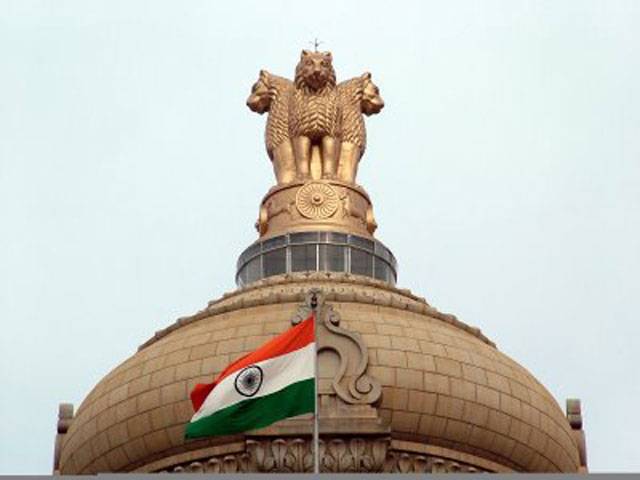NEW DELHI - India's Supreme Court denied a request on Thursday to suspend the loading of uranium fuel rods at a contested nuclear plant in southern India, as local residents again gathered to protest.
Television pictures from near the under-construction Kundankulam Nuclear Power Plant in southern Tamil Nadu state showed hundreds of people forming a human chain while standing in the sea to protest the loading of the fuel.
In New Delhi, Justices KS Radhakrishnan and Dipak Misra declined to pass any immediate order on a petition seeking to prevent workers loading the rods in the first of two reactors, but said they would hear the plea on September 20.
The government told the court that the plant was "completely safe" and could be operational two months after the loading of the fuel.
One fisherman was shot dead by police on Monday as protesters in the coastal state clashed with armed officers as crowds tried to lay siege to the 1,000 megawatt atomic plant built in collaboration with Russia.
But India's nuclear regulator said on Thursday a seven-member team was still making last-minute checks before giving final clearance for the fuel loading.
"As soon as those (checks) are completed we will get the report from the ground team, S.S. Bajaj, chairman of the Atomic Energy Regulatory Board (AERB) told reporters in Mumbai. "We will then review the report and only then give clearance for fuel loading," Bajaj said, according to the Press Trust of India. Bajaj gave no timeframe for the clearance, saying it could be "done tomorrow or one year later. If we are satisfied we will clear it".
Protesters have vowed to keep up their demonstrations until authorities promise they will not open the plant. Campaigners say the plant is a danger to local people.
The plant is one of many that India hopes to build as part of its goal of producing 63,000 megawatts of nuclear power by 2032 -- an almost 14-fold increase on current levels. India's existing 20 nuclear reactors generate 4,780 megawatts.
India's Home Minister Sushilkumar Shinde has blamed the protests on overseas pressure groups, saying "foreign NGOs are supporting the movement". In February, Prime Minister Manmohan Singh said US-based groups were fomenting the unrest.
Friday, April 19, 2024
Indian court rejects plea to block N-plant

8:27 AM | April 19, 2024
8:09 AM | April 19, 2024
Minister reviews naan, roti prices
April 19, 2024
ETPB land worth Rs 40b retrieved so far
April 19, 2024
Lahore revamping plan to complete by June 30
April 19, 2024
CCPO reviews security for by-elections, NZ cricket matches
April 19, 2024
A Tense Neighbourhood
April 19, 2024
Dubai Underwater
April 19, 2024
X Debate Continues
April 19, 2024
Hepatitis Challenge
April 18, 2024
IMF Predictions
April 18, 2024
Kite tragedy
April 19, 2024
Discipline dilemma
April 19, 2024
Urgent plea
April 19, 2024
Justice denied
April 18, 2024
AI dilemmas unveiled
April 18, 2024
ePaper - Nawaiwaqt
Advertisement
Nawaiwaqt Group | Copyright © 2024





